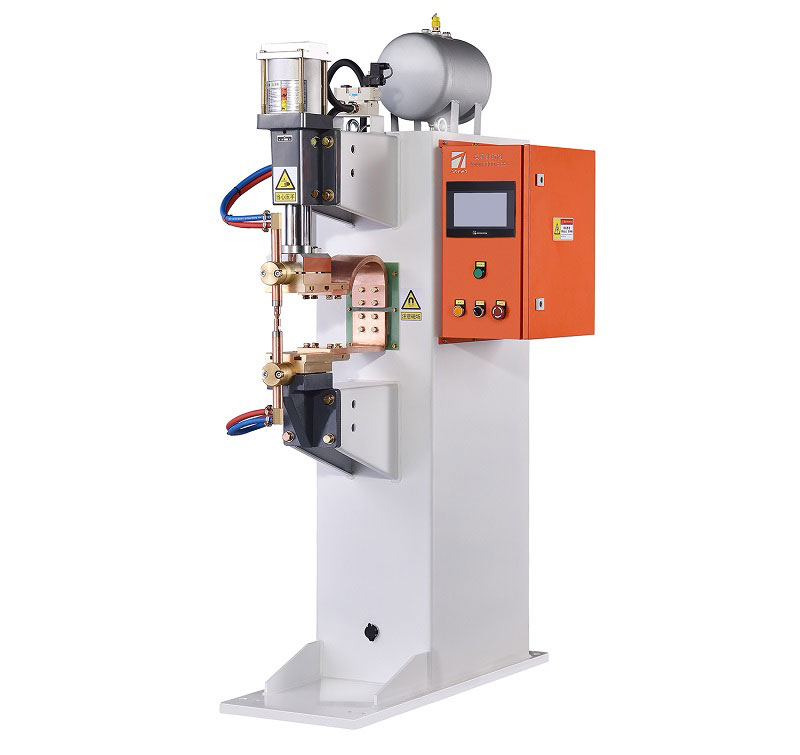Installation of Power Lines and Cooling Water Pipes for Resistance Spot Welding Machine
Resistance spot welding machines play a crucial role in various manufacturing processes, and their proper installation is essential for efficient operation. In this article, we will discuss the installation procedures for power lines and cooling water pipes for a resistance spot welding machine.
- Power Line Installation:
- Selecting the Power Source: Before installation, identify a suitable power source that meets the machine’s electrical requirements. Ensure it is capable of providing the necessary voltage and current for the welding machine.
- Cable Sizing: Choose the appropriate size and type of cables to connect the machine to the power source. The cable size should be sufficient to handle the machine’s rated current without overheating.
- Connection: Connect the power cables to the welding machine according to the manufacturer’s guidelines. Ensure tight and secure connections to prevent overheating or electrical hazards.
- Grounding: Properly ground the welding machine to minimize the risk of electrical shocks and ensure safe operation. Follow the machine manufacturer’s grounding instructions.
- Cooling Water Pipe Installation:
- Coolant Selection: Select a suitable coolant, typically deionized water or specialized welding coolants, depending on the machine’s requirements.
- Coolant Reservoir: Install a coolant reservoir or tank near the welding machine. Ensure it has sufficient capacity to provide a constant flow of coolant during welding.
- Coolant Hoses: Connect the coolant reservoir to the welding machine using appropriate hoses. Use hoses designed for the specific coolant type and capable of handling the flow rate and pressure required by the machine.
- Coolant Flow Control: Install flow control valves in the coolant lines to regulate the flow rate. This helps maintain the proper temperature and prevents overheating of the welding equipment.
- Coolant Temperature Monitoring: Some welding machines have built-in temperature monitoring systems. Ensure these are correctly installed and calibrated to prevent overheating and maintain welding quality.
- Safety Precautions:
- Leak Testing: Before starting the welding machine, perform a thorough leak test on the cooling water system to ensure there are no water leaks or potential hazards.
- Electrical Safety: Double-check all electrical connections to ensure they are secure and correctly wired. Follow safety protocols to avoid electrical accidents.
- Coolant Handling: Handle the coolant with care, following safety guidelines and regulations for the specific coolant type being used.
Proper installation of power lines and cooling water pipes is critical to the reliable and safe operation of a resistance spot welding machine. Following the manufacturer’s guidelines and safety procedures is essential to prevent accidents, maintain equipment integrity, and ensure consistent welding quality. Regular maintenance and periodic inspections of these installations further contribute to the longevity and efficiency of the welding equipment.
